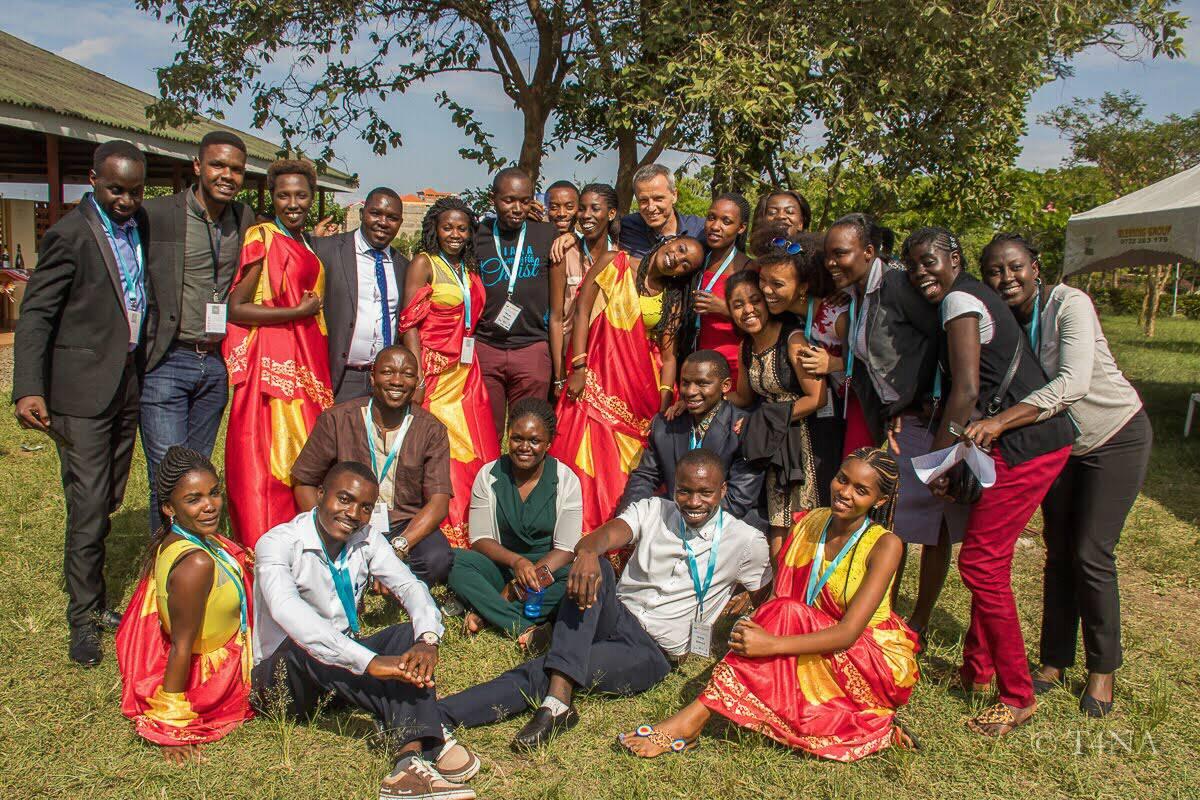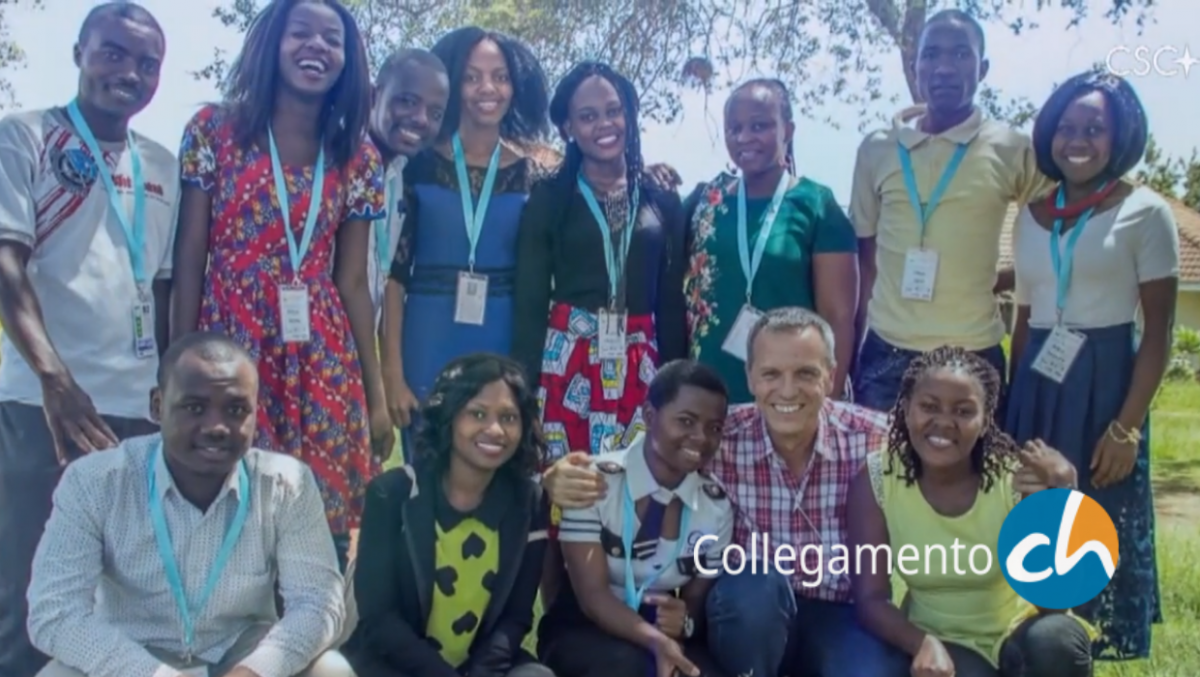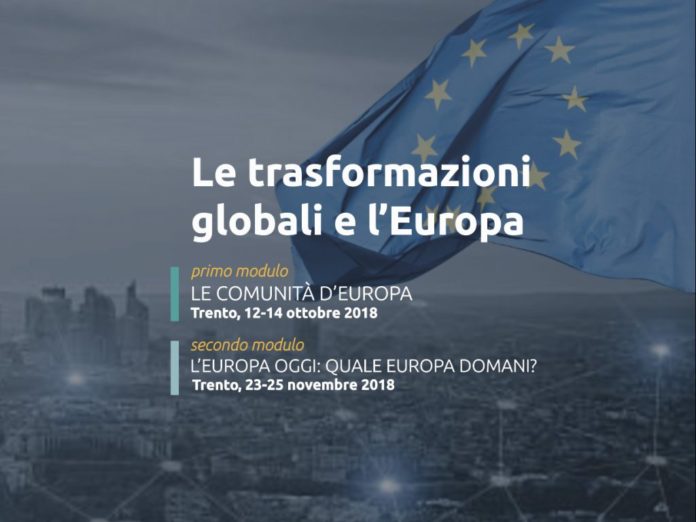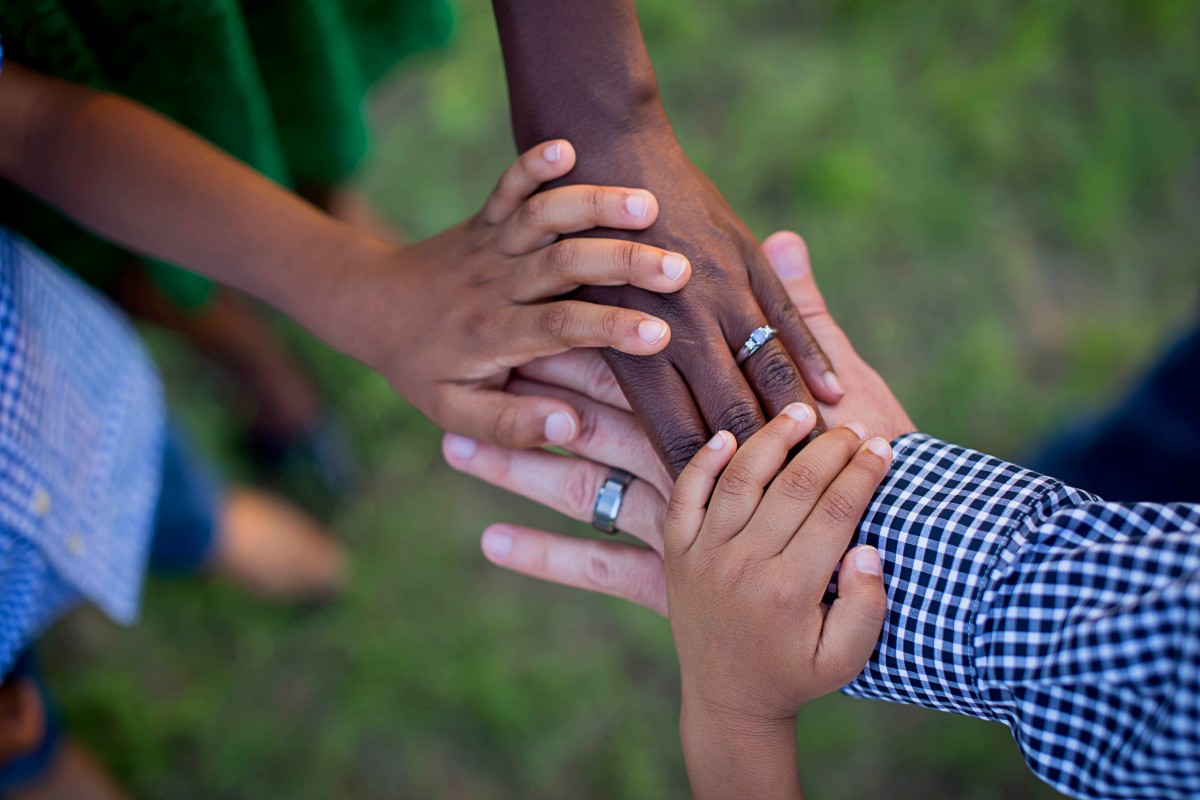
Watch
“Together for a new Africa”: the first course in Nairobi
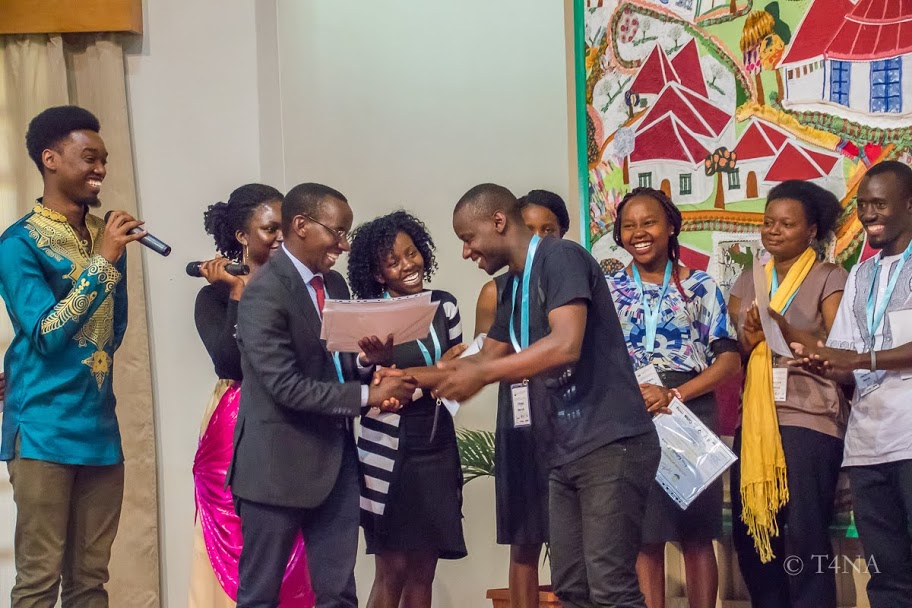
By James Mwania.
The first leaders for peace and unity in Africa training on the project “Together for a New Africa” for young African leaders bringing together 105 participants from East and central Africa has just ended in Nairobi with a clear commitment to promote Responsible citizenship for a new Africa.
The training began on January 1st and ended on January 9th with young people from Tanzania, Kenya, Uganda, Rwanda, Burundi, South Sudan and Democratic Republic of Congo in attendance.
The idea of “Together for a New Africa” – spearheaded by Melchior Nsavyimana currently a professor at the Catholic University of Eastern Africa and a former student of Sophia University Institute – was born in Sophia University, located in the little town of Loppiano, near Florence (Italy). This was after two African students studying there were convinced that the culture of fraternity and unity promoted at the university might perhaps be used as a tool towards a new Africa. Moreover, they were persuaded that the culture of fraternity could be a great instrument to use in addressing various challenges facing the African continent today.
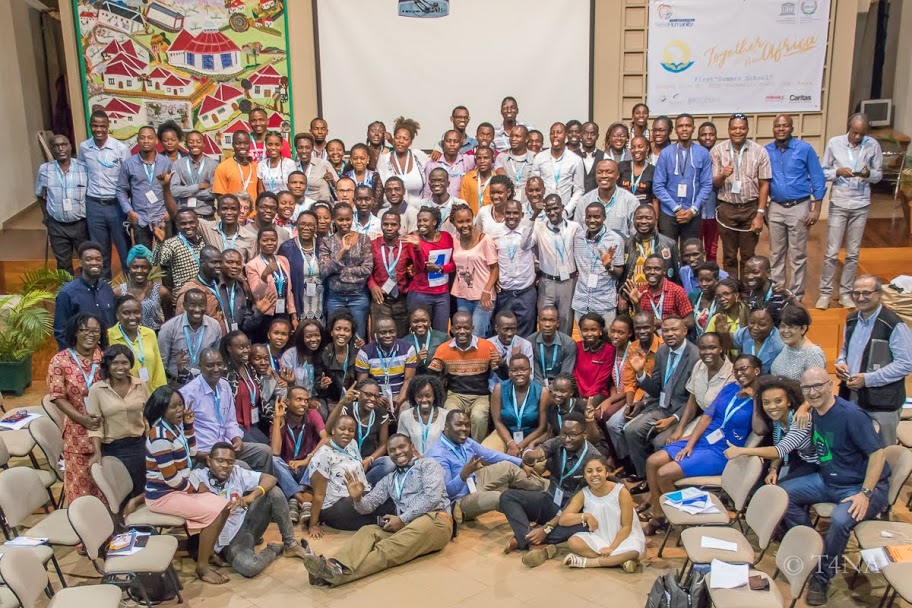
In addition, the aim of the training intends to empower young people in Africa and enable them to face the challenges of their continent by molding them to be active global citizens and leaders of the new Africa. In this way, they can contribute extensively in strengthening the civil society and politics by instilling in them the culture of universal fraternity in conformity with the mission of UNESCO, the African Union’s Agenda 2063 and the United Nation’s Development Goals.
Facilitators who facilitated the first part of the training were professors drawn from various universities within the region Led by Professor Justus Mbae, former vice chancellor The Catholic University of Eastern Africa together with other professors from Sophia University in Italy led by Professor Daniela Ropelato, the vice President Sophia University Institute.
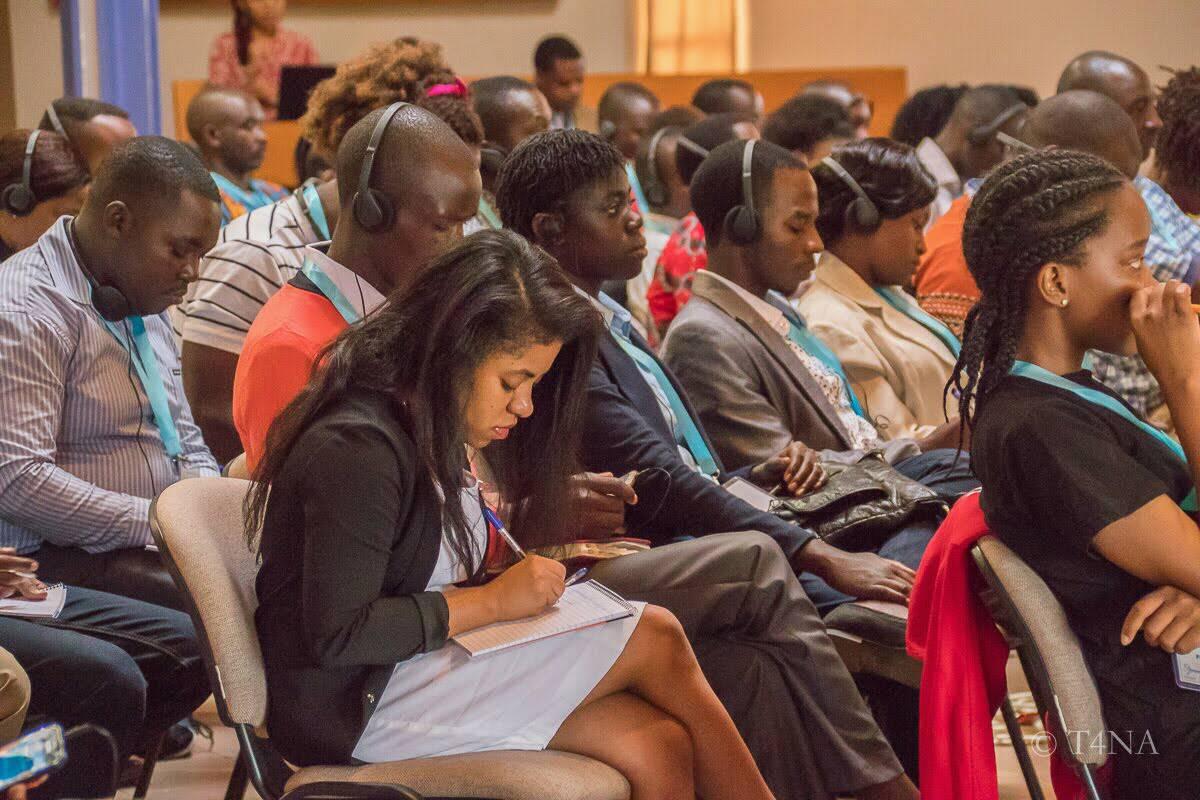
“Responsible citizenship for the Africa we want’ was the theme for the first course and the programme was divided into five sessions:
Session 1: Interdisciplinary Foundations: Anthropological, Historical, Cultural Religious Perspectives
Session 2: Africa in the World Today: An overview of today’s Africa, The past and possible future for the continent
Session 3: Traditions and Modernization: Sociological Perspective, Philosophical Perspective, Villages, and Megacities
Session 4: Manipulating Identities: Religion, Conflict, Ethnicity, Political Overview
Session 5: Evaluation with lecturers, students, and tutors. Planning of the local activities in the various countries and adjustments to the curriculum.
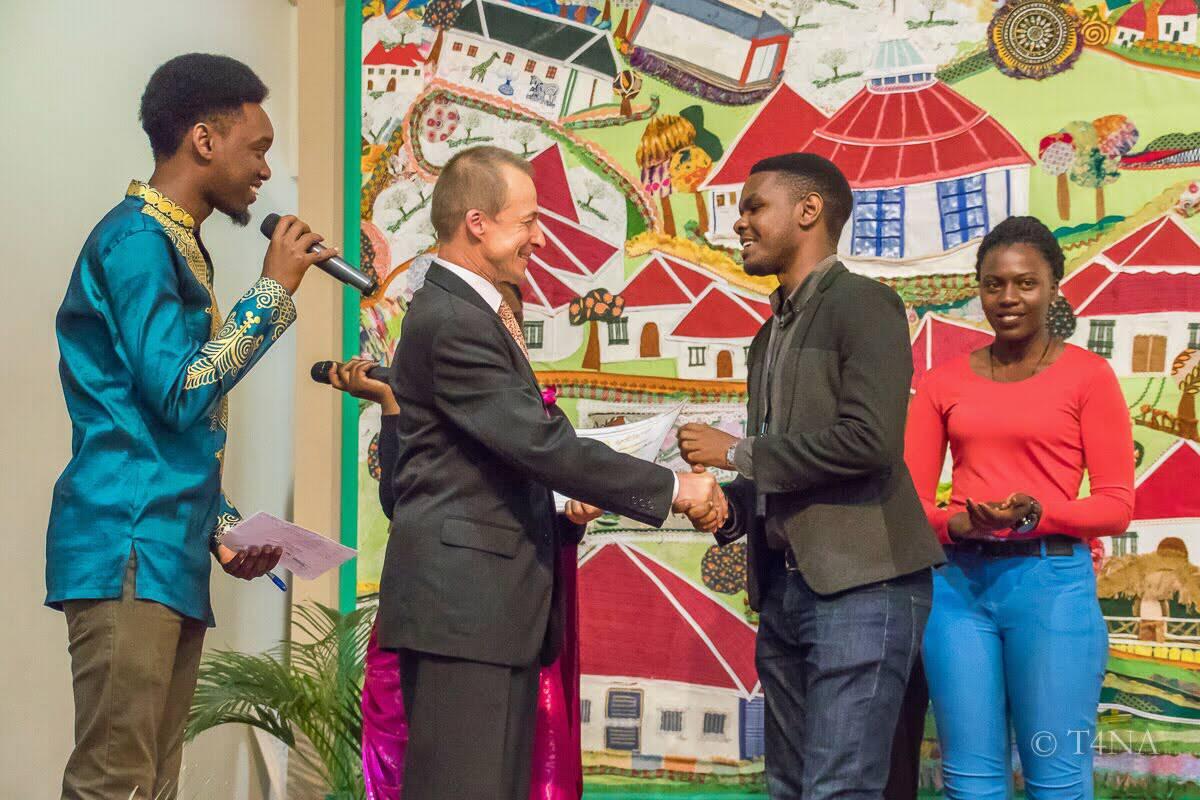
During the last day of the training, participants were issued with certificates of participation as a proof that they have taken part in interdisciplinary, intercultural and multi-perspective training paths for global citizen and new leaders for Africa, driven by traditional and modern values of universal fraternity and the common good.
Partners in this global initiative include New Humanity, Kenya National Commission for UNESCO, Sophia University Institute, Focolare Movement and many more.
The Second course will take place between December 2019 and January 2020.
Our programme, entitled “Leaders for Peace and Unity in Africa” wishes to facilitate a new experience of “communitarian leadership”, through the active involvement of all participants. By this expression, we intend both a kind of leadership that expresses itself in a communitarian way, and a kind of leadership that builds communities, with the languages and instruments of a culture of universal fraternity. It is inspired by the “Culture of Unity” and by the experience of Sophia University Institute.
This means passing from older concepts where the leader is seen as the one who alone occupies a supreme position, to a concept of leader who conceives of his/her leadership as service, who knows how to build relationships of mutual welcome, sharing and generativity from below. Such a leader knows how to bring together unity and diversity, how to protect both the need for harmony and unity in the processes of social development, with a respect for multiplicity, for the extraordinary beauty of each person’s individual contribution. Such a leader knows that unity is not the same as uniformity, and works to avoid seeking falsely simple solutions to complex problems.
Such leadership is first of all a choice, that can have great impact of the lives of others and thus respond to the questions of our time.
Together for a New Africa’s Team
